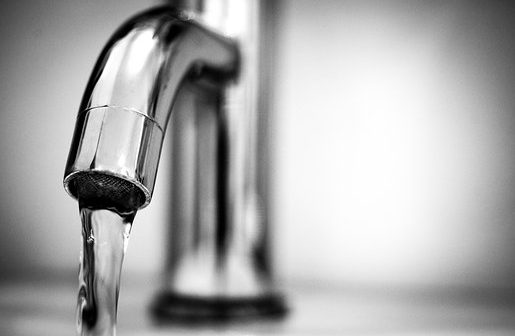The plumbing system is one of the most important parts of a home’s infrastructure. Kitchen, bathrooms, laundry rooms, waste systems and water heaters all rely on a plumber to make sure the systems remain working well with no leaks, clogs or slow-downs entering or leaving the house. Checking with a plumber may be necessary periodically to keep up with maintenance or to address specific issues.
1- Why does a hot water heater run out of hot water quickly?
There are many reasons you may find yourself without the hot water needed for a shower. These could include multiple users draining the heated water at the same time. There could also be an issue with the temperature setting on the hot water heater. You may consider increasing the temperature of the water in the tank to decrease the amount of hot water needed for a comfortable shower. Two caveats to this strategy – the hotter water may be scalding and the electric or gas bill will go up. Another reason the hot water may be running out early is a failed heating element. In this case, a plumber can help diagnose the problem and help you determine the most economical way forward.
2- Why does a faucet drip?
One of the most common plumbing problems can be found right at the sink or tub. The dripping faucet can be caused by a couple of different things, but most commonly the culprit causing the drip is the washer, O-ring or cartridge has worn out and needs to be replaced. These parts are relatively inexpensive and easy to replace though if you are in the least bit worried, it is best to have a plumber help with the project. Lastly, a significant change in water pressure may cause a leak or spurt from the faucet. Before taking action, watch for patterns in time of day or day of the week to see if you are able to pinpoint the issue.
3- What causes a drain to clog?
Clogging drains can happen for a variety of reasons including human error. The most common reason a drain clogs is that soap scum, hair and skin particles gather in the trap or, in the kitchen, grease and food particles gather in the trap, preventing water from draining properly. A bigger problem is found when there is a sewer or septic backup that can lead to considerable cost.
4- What is the difference between hard water and soft water?
Hard water is relatively untreated water that contains minerals such as magnesium, lime, chalk and calcium. Soft water has been heavily filtered and usually only contains ions of sodium. Given this, hard water is good for drinking as it provides essential minerals to the body. It isn’t so good for household chores such as washing clothes or dishes. Because of the makeup of the water, clothes can come out dingy and dishes can have spots and residue.
5- Why does the toilet keep running after flushing?
A constantly running toilet generally means that there is a problem with inside the tank. This is most likely due to a flapper that isn’t sealing properly when the appropriate amount of water fills the tank. This is a relatively easy fix, requiring a new flapper. This can be purchased separately, though it is often a better idea to purchase the flapper kit that allows you to replace parts that wear over time. Follow the instructions on the packaging for specific instructions.
Plumbing can seem very complicated when we don’t know the basics. Having an idea about what causes different plumbing related issues in your home can help give you confidence as you deal with a plumbing professional or the attendant at the local hardware store.




